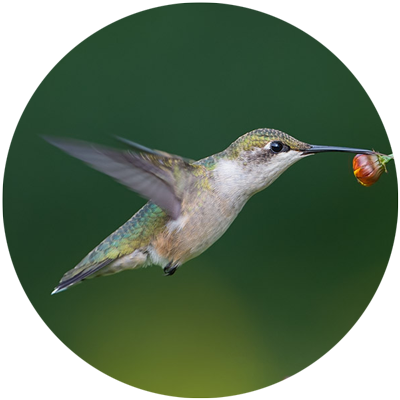Home > Climate News >
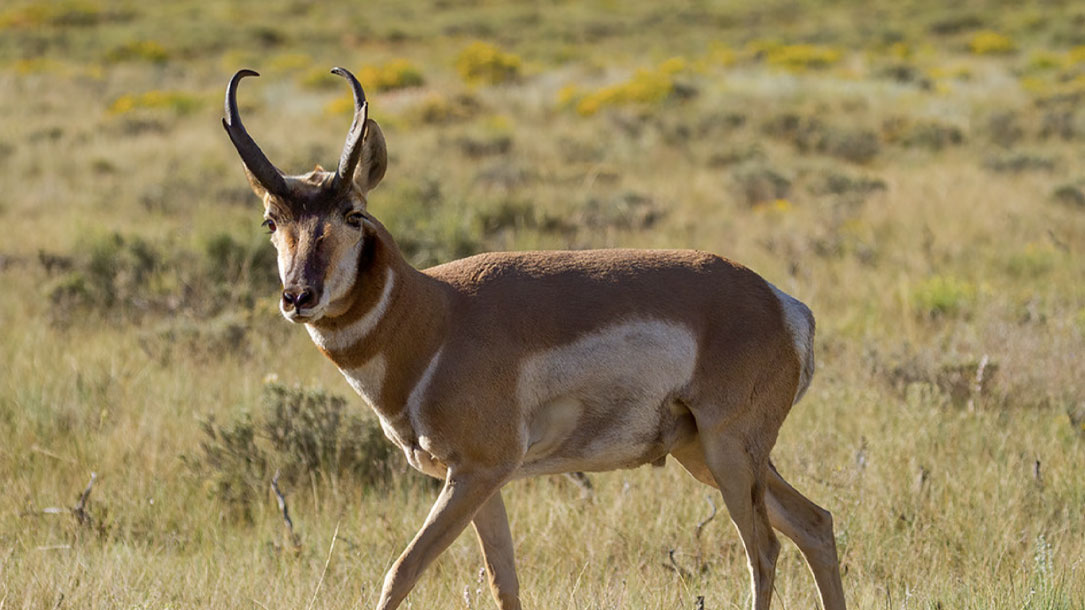
Recovering America’s Wildlife Act
This bill provides funding for (1) the conservation or restoration of wildlife and plant species of greatest conservation need; (2) the wildlife conservation strategies of states, territories, or the District of Columbia; and (3) wildlife conservation education and recreation projects.
The Department of the Interior must use a portion of the funding for a grant program. The grants must be used for innovative recovery efforts for species of greatest conservation need, species listed as endangered or threatened species, or the habitats of such species.
In addition, the bill requires certain revenues generated from fees and penalties for violations of environmental requirements to be used as a source for the funding…

The dire need to combat habitat loss
The modern conservation movement was born out of the hard work and leadership of sportsmen and women who continue to help fund, conserve, manage, and restore natural areas and game populations nationwide.
During the 1800s, the U.S. nearly lost familiar species like mule deer, white-tailed deer, black bear, elk, pronghorn, and wild turkeys to unregulated hunting and market hunting. As populations rapidly declined, hunters led the way to their recovery by supporting ethical, regulated hunting practices…

Report: Habitat loss causing significant impact on game species
A new report from the National Wildlife Federation found game species across the country lost, on average, 6.5 million acres of habitat over the past two decades. It is a trend advocates contended will continue unless lawmakers take action.
Per the report, between 65 and 82 million acres of America’s national forests are in need of restoration. In addition to the 30×30 plan outlined in Biden’s America the Beautiful initiative, Congress is considering the Recovering America’s Wildlife Act, which would allocate nearly $1.4 billion annually to states to implement habitat restoration and conservation strategies.
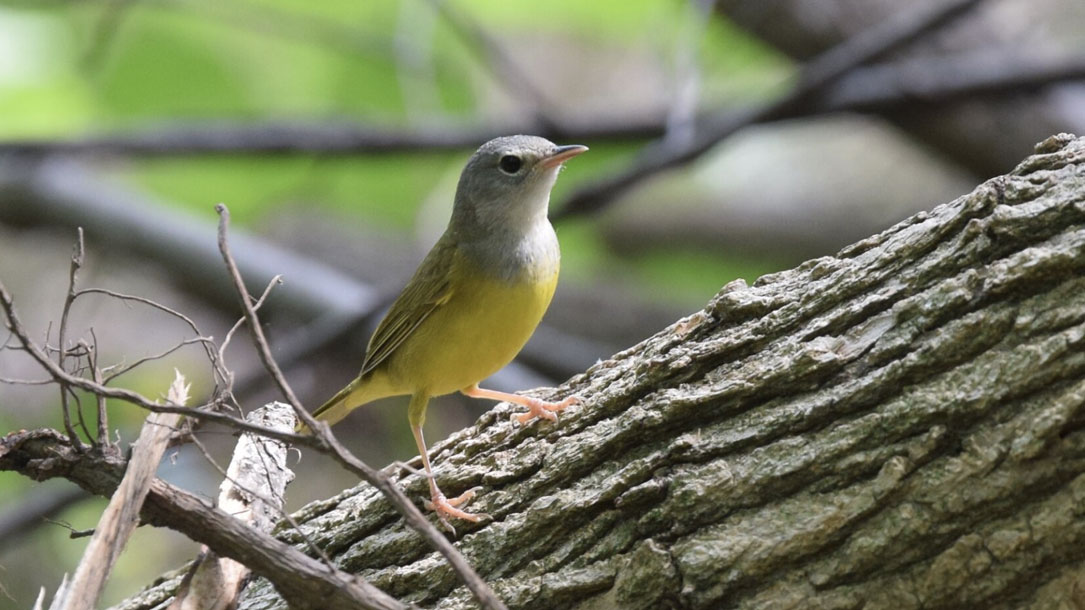
Smaller-brained birds shrink in response to climate change, WashU study finds
“We were really struck by how some species seem to be decreasing a lot more than others,” said study co-author, Justin Baldwin, a Ph.D. candidate with the Botero Lab at Washington University.
And the reason, researchers believe, is rising temperatures. Baldwin said further research could shed light on how exactly climate change has catalyzed the differences in size. Right now, he sees two possible explanations…
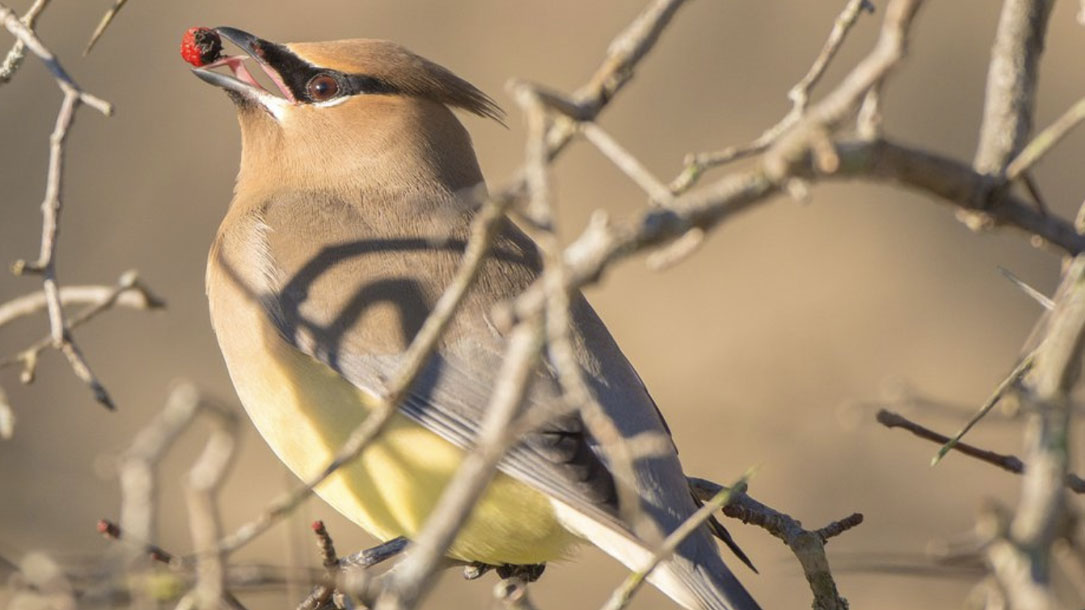
With fewer animals to move their seeds, plants are stuck in threatened habitats
Half of all plant species rely on animals to scatter their seeds through hitchhiking in scat, fur, or beaks. When animal populations decline, so does the ability plants have to disperse their seeds and adapt to climate change. Against the backdrop of a heating planet, species are shifting away from their historically-adapted climate conditions…
A study published this month in the journal Science found that 60 percent of all plants globally are already having trouble keeping up with climate change as seed-spreading species face major drops in population numbers…

The effects of defaunation on plants’ capacity to track climate change
Most plant species depend on animals to disperse their seeds, but this vital function is threatened by the declines in animal populations, limiting the potential for plants to adapt to climate change by shifting their ranges. Using data from more than 400 networks of seed dispersal interactions, Fricke et al. quantified the changes in seed disposal function brought about globally by defaunation.
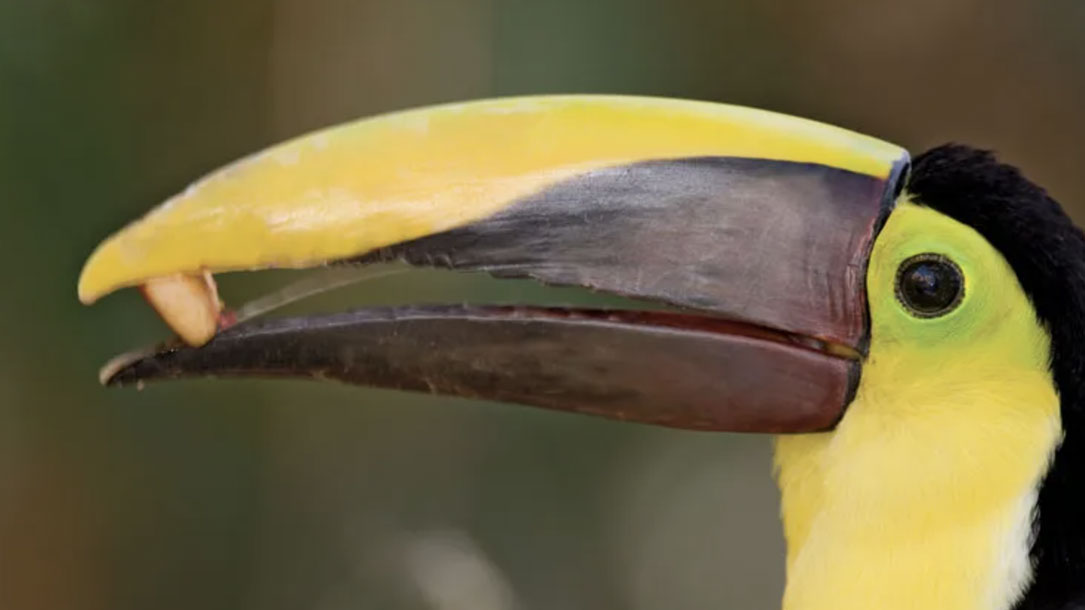
Dispersal by birds
“Birds, being preening animals, rarely carry burrlike diaspores on their bodies. They do, however, transport the very sticky (viscid) fruits of Pisonia, a tropical tree of the four-o’clock family, to distant Pacific islands in this way. Small diaspores, such as those of sedges and certain grasses, may also be carried in the mud sticking to waterfowl and terrestrial birds…”
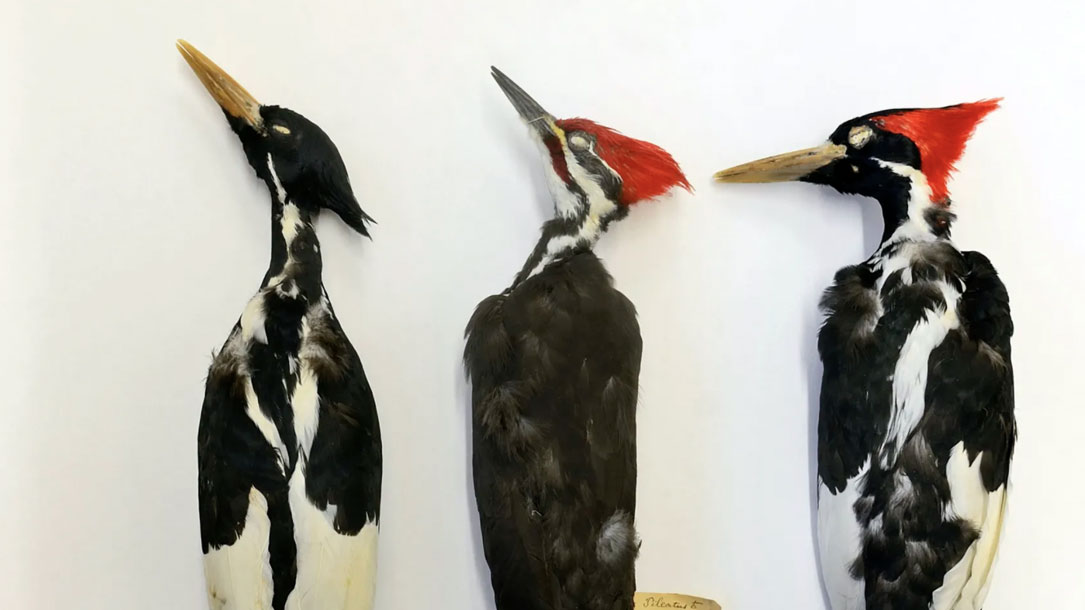
What “extinction” really means — and what it leaves out
Nearly two dozen species, including the iconic ivory-billed woodpecker and several kinds of freshwater mussels, were declared extinct this week by the US Fish and Wildlife Service, after years of surveys failed to turn up any of them. The 23 species on the list — which include animals and one plant — join another 650 or so species in the US that have been deemed lost to extinction or that scientists haven’t seen for decades.
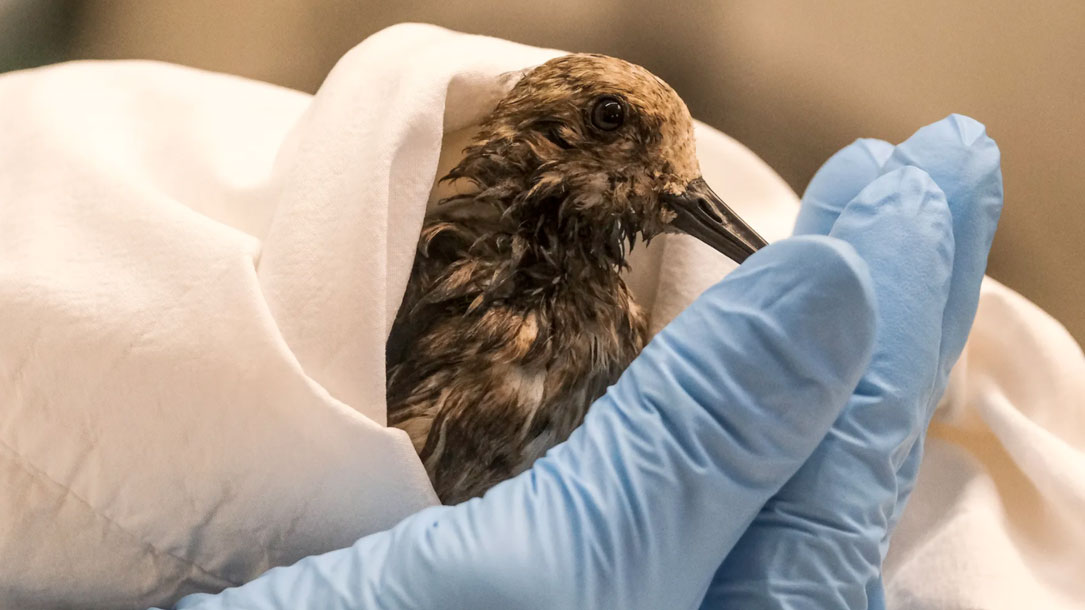
Why the Huntington Beach oil spill is so harmful to wildlife
On October 2, an oil pipeline off the coast of Southern California ruptured, spewing an estimated 144,000 gallons of crude into the Pacific Ocean. The leak created a toxic, 13-square-mile oil slick off the shore of Huntington Beach, which has since spread into coastal wetlands rich in biodiversity.
While the spill is far from the scale of infamous past disasters — the BP Deepwater Horizon spill in 2010 released roughly 930 times as many gallons into the ocean — experts say it will have sweeping impacts on Southern California’s coastal wildlife, potentially for years to come.
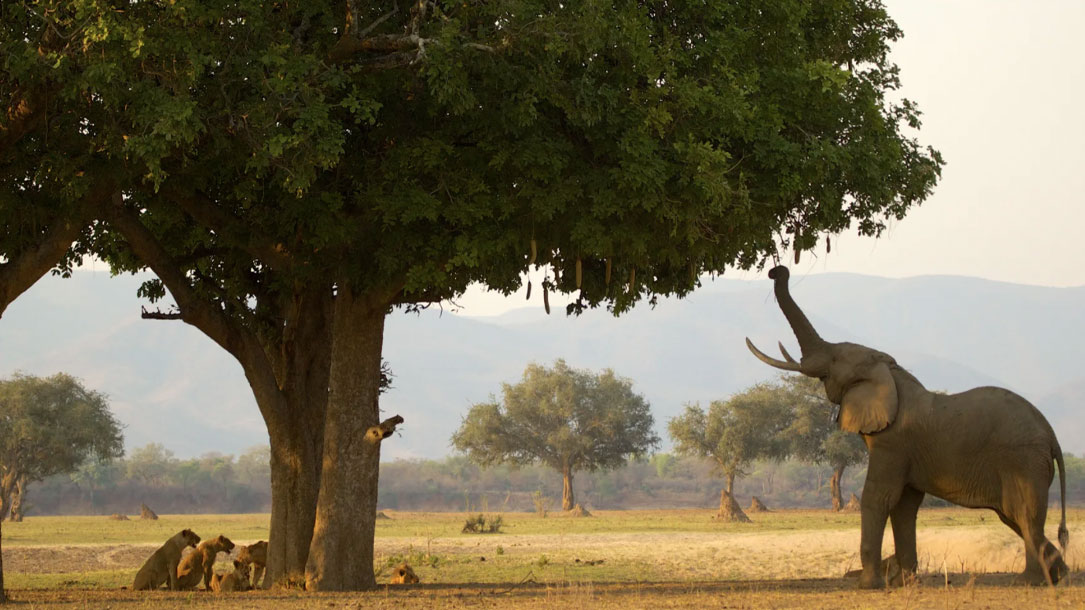
Earth is running low on wildlife. Plants will be next.
The seeds of this story were planted in a steaming pile of elephant dung somewhere in the African savanna. Elephants love to stuff their faces with fruit, and fruit trees like marulas need a way to spread their seeds, so the two species have developed an intimate and symbiotic relationship. A single African savanna elephant is capable of dumping seeds up to 65 kilometers (40 miles) from the site of its feast, making them the most impressive seed transporters in the animal kingdom.



